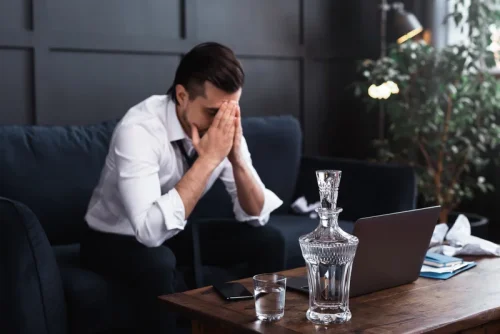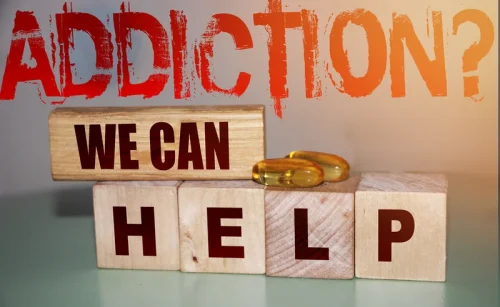Insomnia After Quitting Alcohol: A Detailed Look at Causes and Solutions
March 21, 2024 2024-09-17 18:58Insomnia After Quitting Alcohol: A Detailed Look at Causes and Solutions
Insomnia After Quitting Alcohol: A Detailed Look at Causes and Solutions

It’s as if countless citygoers have nowhere to go, creating chaos and restlessness. By understanding the whys and hows behind insomnia, we can devise strategies to reclaim your sound sleep. This is not just about battling those long wakeful nights; it’s about gaining control of your body and overall wellness. Unpack your darkest circles under your eyes, and let’s walk through the sleepless town once ruled by alcohol. Navigate with valuable insights and find solace in proven solutions.
- These activities can replace the sedative effects of alcohol, easing the transition into sleep for those who find it hard to sleep without alcohol.
- They can recommend treatment options that can help, including therapy and medications.
- The goal is to maximize the amount of time you’re in bed actually sleeping rather than worrying about sleeping.
How Long Does Insomnia Last After Quitting Alcohol?
Alcohol addiction, also known as alcoholism or alcohol use disorder (AUD), is a serious and potentially life-threatening condition that affects millions of people worldwide. Knowing when to seek treatment for alcohol addiction can make a profound difference in your health, relationships, and overall quality of life. In this blog post, we’ll discuss key signs that indicate it’s time to seek professional help for alcohol addiction, how to sleep without alcohol along with the treatment options available. Breathing problems — Since alcohol’s sedative effect extends to your entire body, including your muscles, it may allow your airway to close more easily while you’re asleep. This can greatly increase the risk of sleep apnea especially if you drink within the last couple of hours before bedtime. Insomnia, as your body tries hard to adjust its disrupted sleep-wake cycle.
Restful Nights Are Possible
After sipping that glass of wine or beer, you might find yourself drifting to sleep faster. However, it’s vital to comprehend how alcohol affects sleep patterns to grasp the knock-on effects of alcohol withdrawal. Whether you’re a casual drinker or experiencing alcohol abuse problems, you can break the habit and start falling asleep without needing a drink first.
Types of Insomnia
A person should not drive when they have consumed over the recommended legal amount of alcohol, even if they have made attempts to sober up. If a person chooses to consume alcohol, they should do so safely and take whatever steps are necessary to avoid putting https://ecosoberhouse.com/ themselves and others in harm’s way. Some proponents suggest that carbon or charcoal capsules, which people can buy in health food stores, may help with sobering up. He passed away in 2005 from complications of an injury and continued addiction.

Good sleep hygiene will help you fall asleep faster and stay asleep longer, so you don’t need to have something before bed for sleep. Physical activity promotes better sleep by helping to regulate mood and decompress the mind. It’s best to complete any vigorous activity at least three hours before bedtime. It also covers what symptoms you might have if you don’t wait long enough between having your last drink and going to bed. Those with a substance abuse problem should seek medical advice on how best to quit alcohol and treat their insomnia. Alcohol and sleep loss from previous nights of alcohol insomnia can trigger or worsen anxiety, and anxiety can make it much harder to drift off.
You can find channels with hours of content to help you unwind or even sleep. Luckily, there are many ways to relax without incorporating alcohol into your routine. Alcohol affects the pleasure and reward system within your brain by increasing dopamine levels, making you believe you feel great. This episode of The Verywell Mind Podcast, featuring neurologist and sleep expert Chris Winter, shares strategies for sleeping better at night. People in recovery are often more likely to have problems with sleep onset than with sleep maintenance, which is why some might conclude that they can’t sleep sober.
- One of these symptoms is insomnia, difficulty getting to sleep or staying asleep.
- Sure, that nightcap, last glass of wine or beer before bed may help you feel sleepy.
- This article discusses how alcohol affects sleep and the disruptions you might continue to experience after you quit drinking.
- If you have an alcohol abuse problem, you may take longer to fall asleep and get less REM and sleep overall, both when drinking and when in withdrawal.
- Exercise can increase endorphins, the brain chemicals that improve mood and relaxation.
The Benefits of Mindfulness and Relaxation Techniques



